HOME > NEWS
所有滑手该向自己提问的9个问题。
所有滑手该向自己提问的9个问题。
.
通常,我们滑手对滑板都非常狂热,但这并不代表我们对滑板做过很多思考。当然,我们可以随口引用整部滑板片,或者更精细点,引用一个接一个的动作来表达自己对滑板的了解。我们还将不同地形、在这个地形上被完成过的动作分类。但是,你上一次深入思考关于滑板的问题是什么时候?比如说:滑板对环境造成的影响,什么时候“Skate and Destory”变成了无理由的破坏,或者滑板界的“核心公司”到底意味着什么?
.
1. 什么是“核心公司”?它们真的重要吗?
支持那些在滑板历史上有根基的公司对我们的滑板文化是非常重要的(大多数人都认可这些公司是滑板圈的核心,是他们在坚持滑板的正统)。但是,当一个合股大公司生产出比核心公司更好的产品时候,你会怎么做?当你最喜欢的职业滑手签约加入了一个没有丁点“滑板血统”的公司的时候,你会怎么做?最终,这不是“到底什么才是核心公司”的问题,而是“到底什么对你才是最好的”的问题,不是吗?而且,到底什么才是核心品牌呢?现在这么多运营多年的滑板公司其实都是被其他大公司或资本团体所有的,你如何去评判打分?一个受人尊敬的传奇滑手接受他人投资创建的公司是核心公司吗?如果一个主流公司一直在赞助滑手和比赛,并且一直研发好的产品,它有没有滑板血统又有什么关系呢?这些都是滑手购买产品时需要思考的问题,因为现在把钱花在什么地方的理由已经有些变化了。
.
.
2. 从网上买东西意味着我们背叛了家乡的滑板圈吗?
本地的滑板店是各种滑板圈的基础。然而,从遥远的地方订购滑板产品也是长久以来的传统,特别是对那些没有板店的偏远地区的滑手来说。在早些时候,相比于电话购物和根据杂志上的小广告照片购物,我们只能到板店去买滑板。现在,小小的广告照片已经被网上拥有完备说明的全尺寸照片取代了。独立又精致的滑板品牌的大量出现也意味着你在本地板店找到它们的机会更加微乎其微。相比之下,你只需一个订单就可以精确地从公司官网上买到你要的东西。
把官网商店可以提供的折扣考虑入内的话,滑手处在照顾当地板店还是照顾自己钱包的两难境地。5美元,15美元还是20美元可以让你决定照顾板店还是照顾钱包?如果你当地有滑板店的话,每次买东西的时候,你就会要考虑这些问题。
.
.
3. 你要怎样对待“坠落英雄”?
滑板是建立在一些狂人,怪人,甚至疯子的血汗之上的。正因如此,你痴迷的某位滑手犯了不可原谅的道德错误的情况也是不可避免的。职业滑手犯错、犯罪的事情也是一抓一大把。虽然滑板圈不像足球或篮球那样定义偶像,但我们仍会把职业滑手当做领导者和导师。那些职业滑手或疯狂的,或愚蠢的,或错误的,或触犯法律的行为对我们影响有多少?这也是我们需要考虑的问题。
.
.
4. 什么时候”Skate and Destroy”变成了只有”Destory(摧毁)”?
Mark Gonzales说过滑板就是故意破坏。大多数滑手在扶手上留下标记的时候,或是在呲花岗岩台子的时候心里没什么感觉,但这并不意味着滑板就无关道德。我们大多数人都有自己的原则。你会去滑大屠杀纪念碑的大理石台阶吗?或是马丁路德金雕像的基座吗?路上有多少行人才会让你觉得失误后板子伤人的风险有点大?每一个滑手都要在基本的道德和肆意的破坏之间找到一个平衡点。对于那些面对新地形的后来者和职业滑手来说,这个问题显得更加难以面对。
.
.
5. 我对滑板太狂热了吗?
滑手对滑板如此深的投入程度在其他运动或艺术追求中很少见。这种投入吞掉了滑手生活的绝大部分,但只带来了一点点物质回报。当你年轻、还在靠父母养活的时候,“滑板就是一切”的态度很容易维持,但到最后,每一个滑手,每一个职业滑手都要面对现实生活。接受教育、找到一份工作、组建自己的家庭,最终你将会在家庭责任和滑板之间找到平衡点。丢掉工作,女朋友劈腿,过分的医疗保险会让最投入的滑手怀疑自己是不是把“Skate or Die”看的太重了。你可以永远滑板,但你不需要把它放在所有事情的前面。你需要问你自己应该把滑板放在什么地方,然后给出自己的答复,这样你才能永远滑板。
.
.
6. 谁在制造我们脚下的滑板?
一旦你开始滑板,你就会发现,大多数滑板公司只不过是在玩“品牌游戏”:这些公司中很少一部分自己制造产品。老练的滑手不仅对品牌有兴趣,更对制造(商)公司有兴趣。不幸的是,不同的品牌和工厂都喜欢把自己的供货商当做秘密。这些品牌可能有多个制造商,甚至是一个季度的产品都会采用不同的制造商,这意味着相同的产品来自不同的木材厂,它们可能在脚窝和质量上有些差别。同一个款式的轮子可能用不同配方的合成材料制造而成。在滑板中,品牌忠诚就是一个外壳游戏。
.
.
7. Skate and Destroy(摧毁)….这个星球?
长期以来,滑手总是参与到各种活动中去,滑板和社会政治总是纠缠在一起。这让滑板和环境之间的问题变得更加复杂。总而言之,整个滑板文化都是建立在一片死掉的木头和生物降解不了的轮子上的。毫无疑问,我们有可持续的方法去收割制作板面的冷枫,有坚持这些惯例的制造商。但有那么多的库存来自海外缺少环境管理的大工厂,你可以确定滑板产业正在做着减少森林的工作。当然,滑板对环境的破坏和人类对环境的破坏比起来微乎其微,但当你要大谈环境保护和滑板时,你最起码要先去了解了解你买产品的公司是如何制造产品来避免被当成伪君子的。
.
.
8. 哪些东西可以算是滑板大家庭的一份子?
如今,“滑板”这个词语已经不单单指一种活动了,它还包括可以在板子上做的很多事情,比如池子滑板、街式滑板和速降滑板等等。双翘板,喜欢技巧动作的人群把自己定义为真正的滑手。长板、刷街板和速降板子的滑手喜欢说:这些都是滑板。抛开板子长相的问题,还有不少滑手喜欢给“真正的”滑手定标准。“你不会Ollie就不是真正的滑手”,“真滑手不穿护具”,“你不会玩池子就不是真滑手”…. 大多数时候,这些话只是在吹牛和酸别人而已。如今滑板已经流传到世界各地了,什么才是真正的滑板?谁才是真正的滑手?不管你的态度是怎样的,你也会情不自禁地偶尔思考这个问题——即使这个问题没那么重要。
.
.
9. 最后,什么才是滑板呢?
由于缺少规则,缺少简单明了的评判标准,大多数滑手都在犹豫是否把滑板看做一项运动。有些人喜欢把滑板叫做艺术,虽然这听起来有些做作,但抛开这一点,艺术这个标签和滑板也并不能完美搭配。因为最终,大多数滑手都不是在做一些让别人欣赏和分析的东西。滑板是一种内在的,孤独的追求。所以,什么才是滑板?一种生活方式?一种像瑜伽或体术那样的精神训练?一种犯罪?它和这些都有一点关系,当你和别人谈起滑板的时候,你就要好好想想怎么说了。在很多方面,这个问题不重要,但在其他方面,这是每个滑手脑海深处永恒的问题,不管我们承认与否。现在,滑板已经进入奥运会了,奥运会组织者非常有兴趣去给滑板下一个定义。滑板未来的样子将取决于我们如何回答这个问题。
选译自下文
—-
英文原文
9 Ethical Questions All Skaters Should Ask Themselves
From where your board is made to why you actually ride it.
Skaters are fanatical about skating, but that doesn’t mean we do a lot of deep thinking about it. Sure, we can recite entire parts, if not videos, trick for trick. And we catalog spots and what’s been done at them meticulously. But when was the last time you really considered the deeper questions inherent to skateboarding—for instance, the impact skating has on the environment, when “skate and destroy” becomes gratuitous vandalism, or what it really means to be a core company?
These sorts of debates aren’t easily resolved, and that’s the point. Here are nine ethical questions all skaters should ask themselves.
.
.
1. What Is a “Core” Company, and Does It Really Matter?
Supporting companies that have roots in skateboarding is fundamental to our culture. But what do you do when a “corporate” brand makes a product that works better for you than anything the “core” brands are making? What happens when your favorite pro signs with a brand that doesn’t have a skate pedigree that extends all the way back to the clay wheel? Shouldn’t it, ultimately, be about what is best for your skating and not what is deemed core? Just what is a core brand, anyway? With so many long-running companies actually owned by lifestyle brands or investment groups, how can you keep score? Is a respected veteran skater’s brand still core if the financial backer is some businessman who doesn’t know the difference between a boneless and a bean plant? If a mainstream company has a long track record of sponsoring skaters, events, and developing good products, does it matter that it has origins outside the “brotherhood”? These are all questions skaters have to think about when they spend their money, because the politics of voting with your dollars are definitely not what they used to be.
.
.
2. Does Ordering Online Mean I’m Betraying My Local Skate Scene?
The local skateshop is the foundation of any skate scene. Nevertheless, ordering skate stuff from far away is a longstanding tradition, especially for skaters who grew up in places where skateshops were scarce. Back in the day, being limited by what your local shop had in stock was a small price to pay for not having to deal with the hassle of ordering by phone and the difficulty of evaluating a deck or wheels based on a tiny picture in a magazine. Now, squinting at microscopic pics in a Skully Bros ad has been replaced by perusing hi-def photos, complete with full measurements and specs, online. The explosion of boutique indie brands also means that the chances your local shop is going to have that exact deck or wheel or T-shirt you saw on Instagram are smaller than ever before, and getting exactly what you want when your shop doesn’t have it is just a matter of going to a company’s Big Cartel site and placing an order. Add in the discounted prices many online stores can swing for the big brands and skaters have a dilemma when it comes to balancing their own financial health with that of their local shop. Is saving $5, $15, or $20 where you draw the line when it comes to supporting your shop versus your own bank account? How much are you willing to compromise when your local spot doesn’t have exactly what you want when you can have it delivered from an online shop at the push of a button? If you have a local shop, you are going to ask yourself these questions every time you need new gear.
.
.
3. What Do You Do With a Fallen Hero?
Skateboarding is built on the blood and sweat of misfits, dissidents, and, sometimes, full-blown lunatics. Because of this, it is inevitable that, someday, someone you admire in the game is going to cross a moral line that you can’t ignore. From garden-variety moronic hijinks to full-blown felony convictions, there is no lack of knckleheaddedness in skating’s past or present. Jay Adams is a universally celebrated innovator for obvious reasons, but he also spent a big chunk of his life behind bars for his participation in a fatal hate crime. Mark “Gator” Rogowski was one of the most important figures in 1980s skateboarding; he is also a convicted murderer and rapist. Christian Hosoi spent years languishing in a jail cell on drug trafficking charges. The list could go on, from rippers involved in fatal DUIs to heroes caught in compromising circumstances with underage fans. Skateboarding’s rap sheet is pretty damn heavy. Skaters have never deified their icons the way baseball or football fans might, but we still look to the pros as leaders and mentors. How much criminal or morally sketchy, or just plain stupid behavior, affects that perception is something every skater has to grapple with at some point .
.
.
4. When Does “Skate and Destroy” Become Just “Destroy”?
Mark Gonzales has said that skating is basically vandalism. Most skaters don’t think too much about scuffing up the edges of some drab concrete ledge or leaving marks on some insignificant handrail, but that doesn’t mean skaters are completely amoral. Most of us have lines we won’t cross. Would you skate the marble ledges of a Holocaust memorial or slap the granite base of a Martin Luther King Jr. statue? Do you skate past a perfect curb because it sits in front of full-length windows that would shatter if you kicked your board out wrong? What about that car parked exactly right to get a bumper grind off a curb cut? How many bystanders and pedestrians have got to be at a spot before you feel the risk of taking someone out with a stray board is too much? Every skater has to find the balance between anarchy and basic civility, and for pros and up-and-comers faced with the challenge of skating new terrain that video has yet to render overexposed, this question is trickier than ever.
.
.
5. Am I Taking This too Far?
Skaters are dedicated to a degree that is rare in other athletic and artistic pursuits. That dedication can swallow up everything else in a person’s life while paying little in the way of material dividends. When you are young and subsidized by your parents, the “skateboarding first” attitude can be easy to maintain, but, eventually, every skater, even pros, gets to a point where they have to let real life slip in. Getting an education, holding a job, starting a family—eventually you are going to have to balance adult responsibilities with skating. A string of lost jobs, fleeing girlfriends, or exorbitant medical bills can make even the most dedicated skater wonder if they are taking “skate or die” too far. You can skate forever, but you won’t do it by putting skateboarding ahead of everything else. You’ll have to ask, and answer, tough questions about where skating fits in your life to keep rolling.
.
.
6. Who Actually Makes the Stuff I Ride?
Once you start skating, you’ll quickly clue in to the fact that most skate “companies” are just in the branding business: Very few of them actually manufacture the stuff they sell. Experienced skaters usually develop a keen interest not only in brands, but in what manufacturers actually make each brand’s products. Unfortunately, brands and factories have a vested interest in keeping their suppliers a secret, and getting simple answers about how and where stuff is actually made is not always so simple. Brands may use multiple manufactures, even in a single drop, which means identical models may come from different wood shops, meaning differences in concave and quality. Wheels of the same model may actually be made from different urethane formulas. You want to make sure your trucks are made in the USA? Better check for that stamp on the bottom of the baseplate, because nowadays you can’t take anything for granted. In skateboarding, brand loyalty is a complicated shell game, and learning the rules takes more time than most of us have to spare.
.
.
7. Skate And Destroy…the Planet?
Skaters have long engaged in activism of all kinds, and whether it is Mike Vallely being vocal about veganism or Jim Thiebaud speaking out against racism with the famous “Hanging Klansman” graphic, skateboarding and social politics are frequently intertwined. This gets more complicated when it comes to environmentalism. After all, our whole culture is based on rolling around on slices of dead trees bolted to non-biodegradable urethane wheels.
No doubt, there are sustainable ways to harvest the cold-grown maple that makes the best skateboard decks, and reputable manufacturers adhere to those practices. But with so much stock being pumped out by poorly regulated mega-factories overseas, you can bet our beloved skateboard industry is doing its fair share for deforestation. Sure, skateboarding’s culpability in the destruction of the environment is small compared to the problem as a whole, but if you are going to talk the talk about conservation and ride a board, at the very least, you are going to have to educate yourself about how the brands you buy from make the stuff they sell to avoid looking like a hypocrite.
.
.
8. Who Gets To Be in the Family?
Skateboarding has diversified to the point that the term “skateboarding” doesn’t really refer to one activity anymore. It’s more like a general description of a half-dozen or so wildly different things all done on a board with wheels, from park and street skating to slalom, downhill speed skating, and even more obscure things like skogging.
The short-board, trick-based crowd likes to self-identify as “real” skateboarders. The longboard cruisers and downhill speed fiends like to counter by saying, “It’s all skateboarding.” Take away the questions revolving around what your board looks like and there’s still no shortage of riders who put more specific qualifiers on who’s a “real” skater. “You can’t be a real skater if you can’t frontside slash in a bowl.” “Real skaters don’t wear pads.” “You’re not a ‘real’ skater if you can’t ollie.” A lot of the time, this behavior is nothing more than bullying and sour grapes, but there’s no doubt that hearing squeaky-clean norms who ride Penny boards back and forth by the beach a couple of times a month refer to themselves as a “skaters” is enough to make rippers of all wheelbases see red. Skating is all over the place nowadays. What is “real” skateboarding, and who is a “real skater”? No matter how egalitarian you are, you can’t help but ponder this question occasionally—even if it doesn’t really matter.
.
.
9. Just What Is Skateboarding, Anyway?
With its lack or rules, and lack of an easy way to classify who is best, most skaters are hesitant to think of what they do as a sport. Some like to call skateboarding an art, but, besides sounding pretentious, even the art label doesn’t fit perfectly. After all, most skaters aren’t producing something to be observed and analyzed by others. Skating is an internal and even solitary pursuit. So what is skateboarding? A lifestyle? A mental discipline like yoga or martial arts? A crime? It’s a little bit of all of these things, but if you ever find yourself talking to someone about skateboarding, you are going to have to stumble over what adjective to hang on your passion. In many ways, it doesn’t matter, but in others, it’s an eternal question that picks at the back of every skater’ brain, whether they want to admit it or not. Now, with all the furor over the Olympics, there are international organizations that have a real interest in slapping definitions on skating. The future of skating will be shaped by how we answer this deviously simple question.


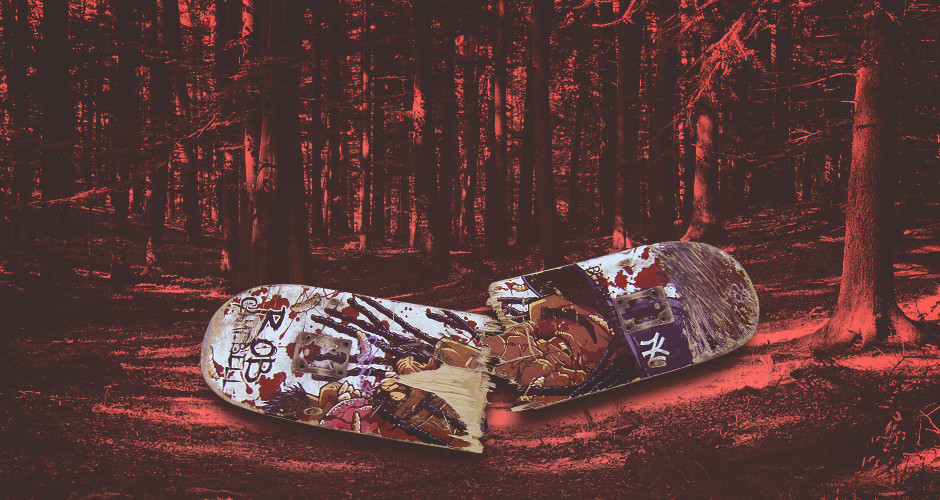
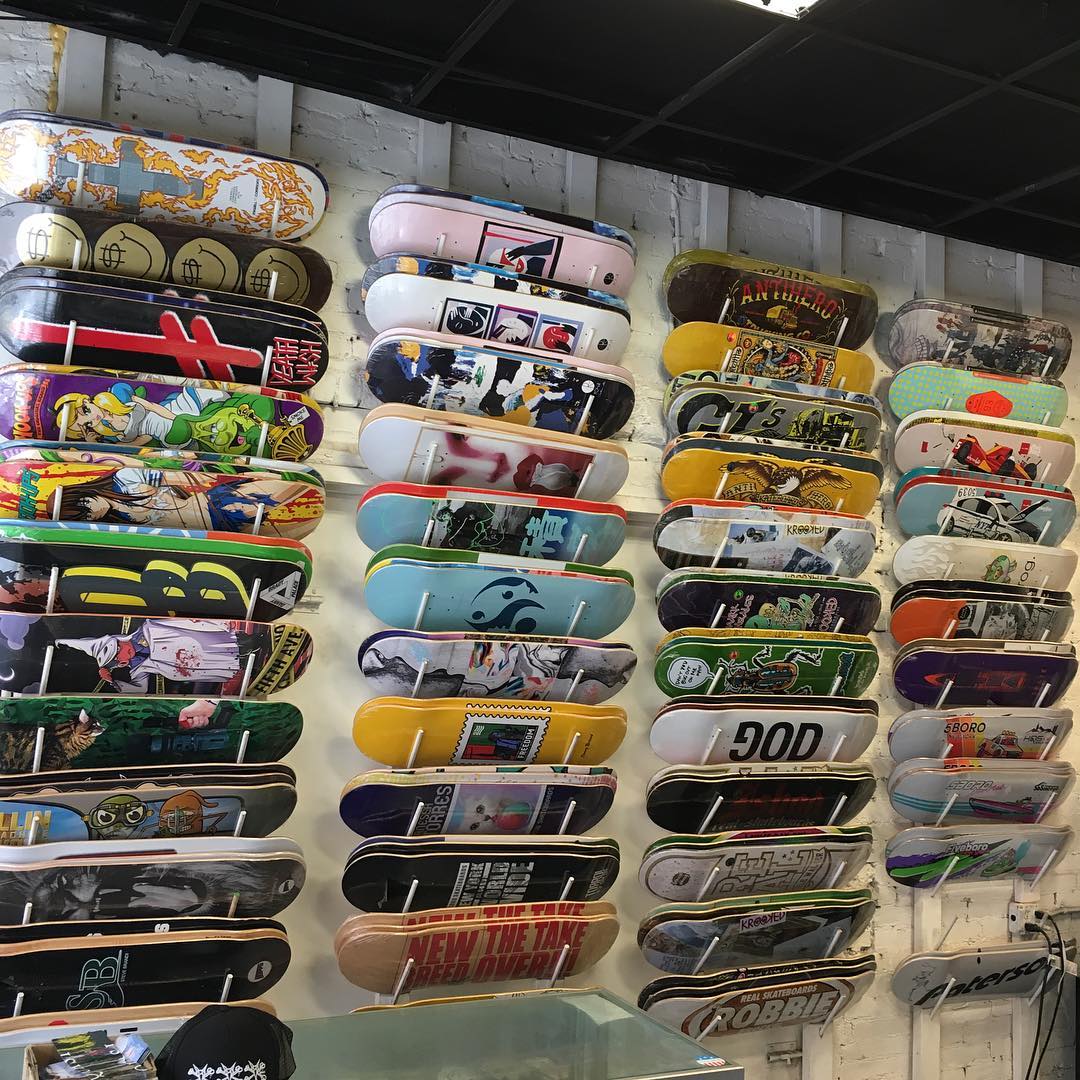
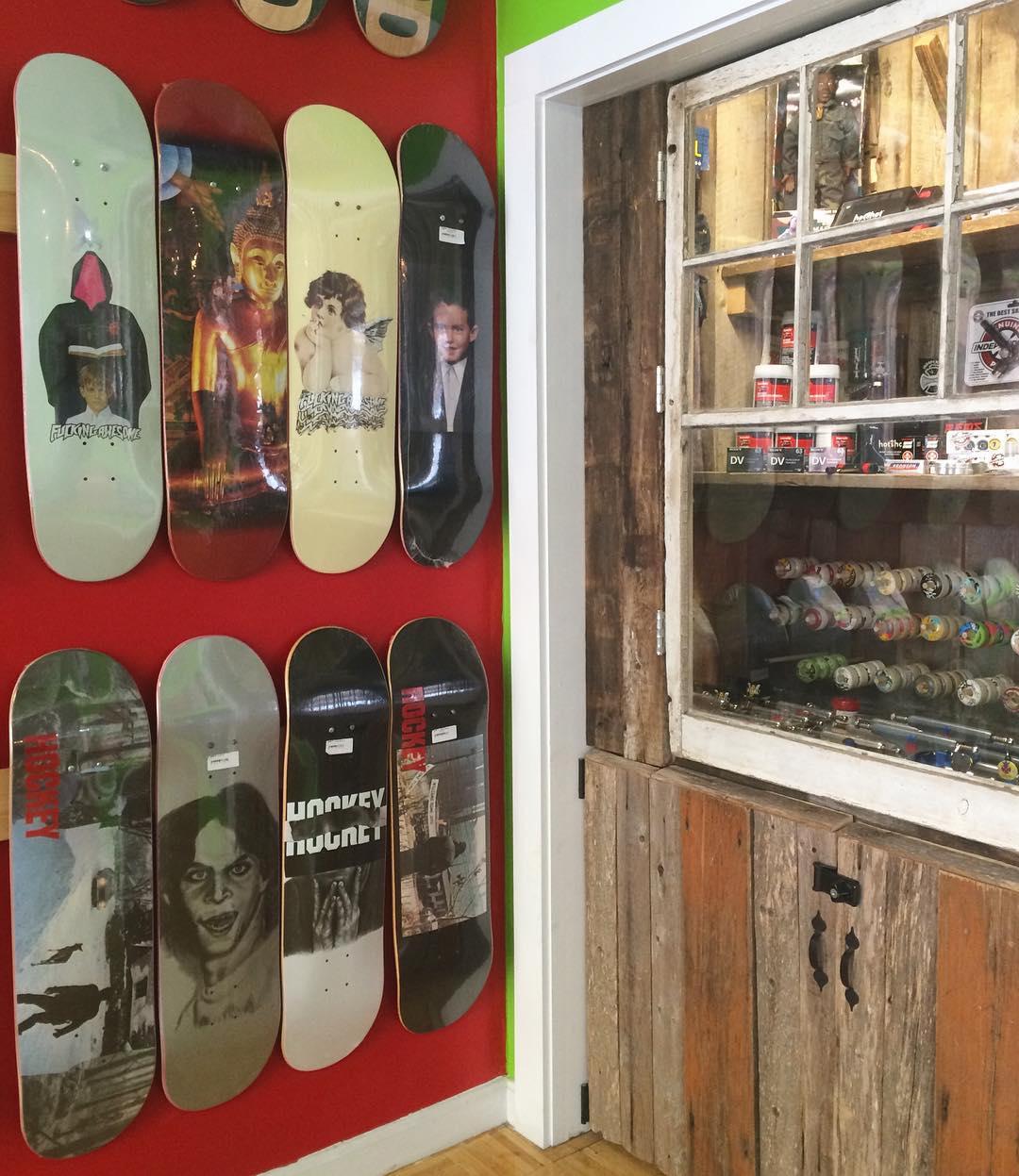
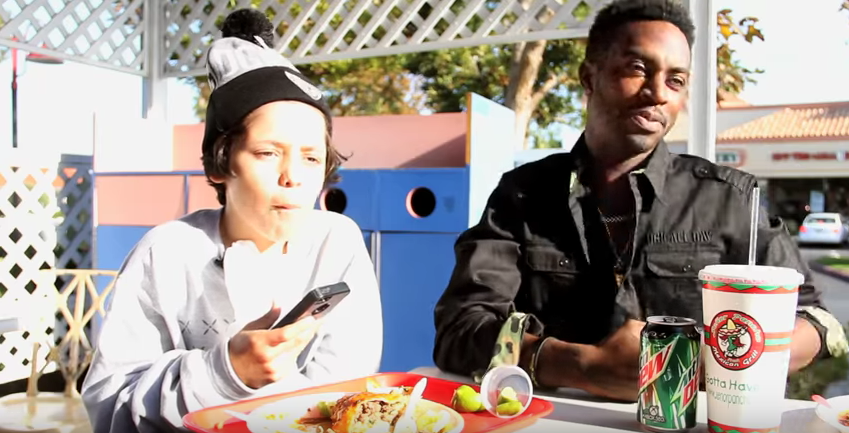
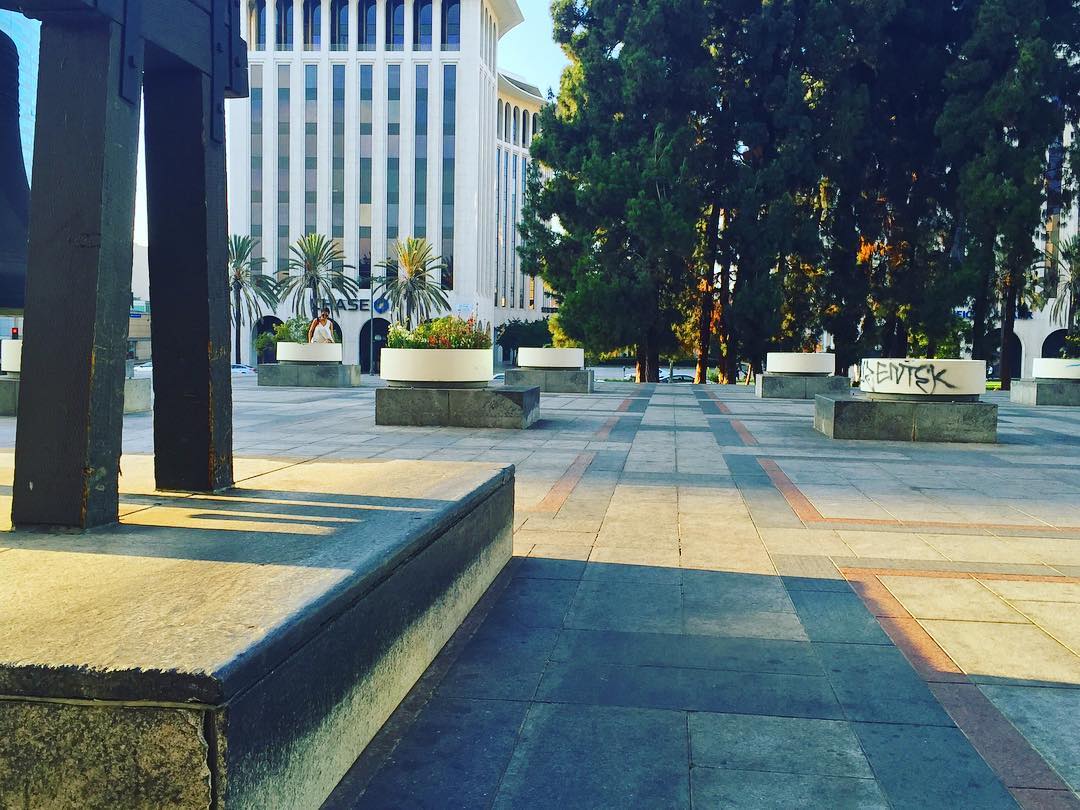
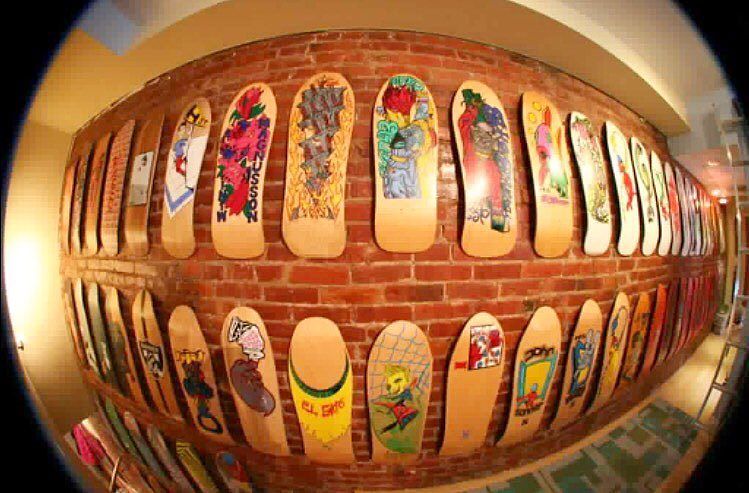
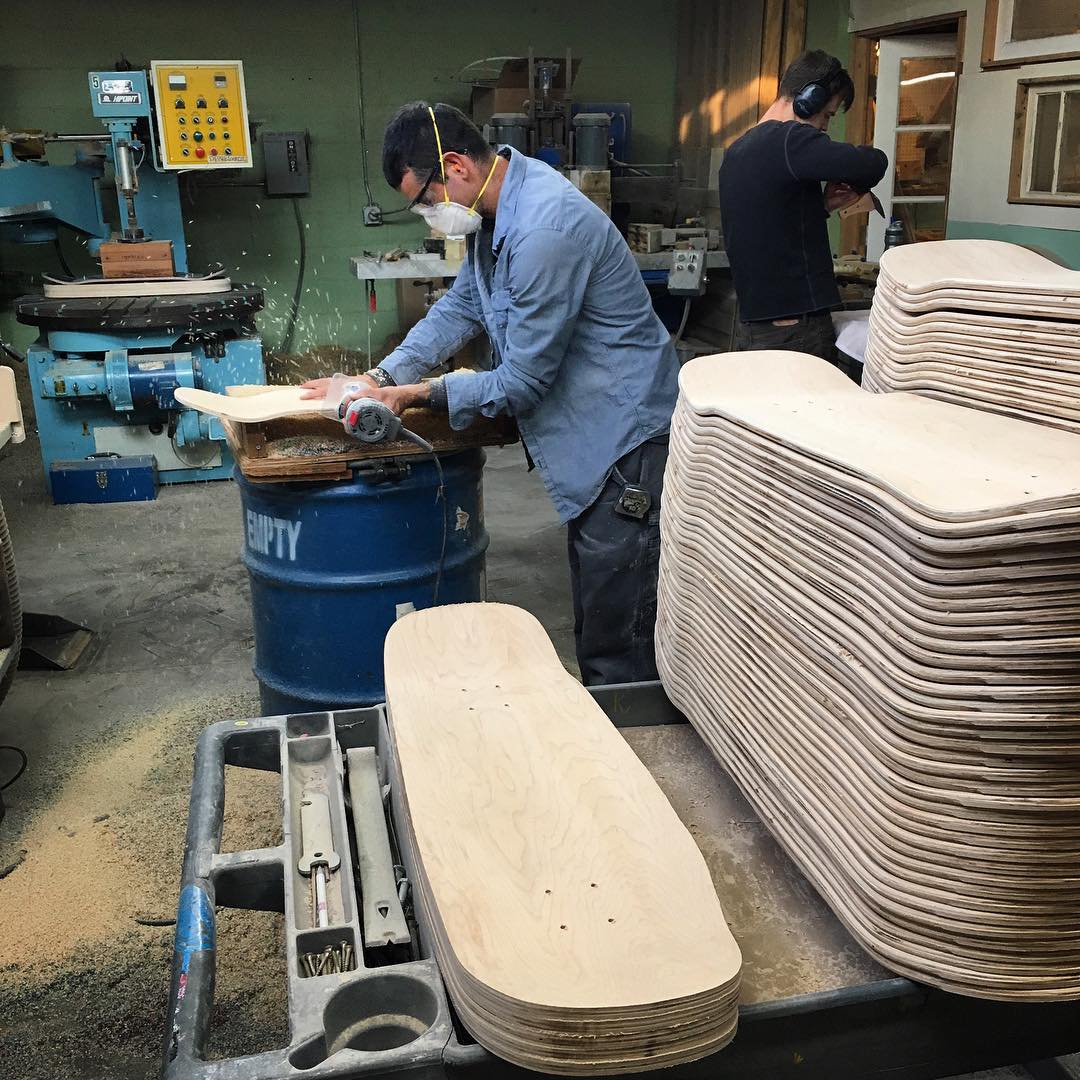


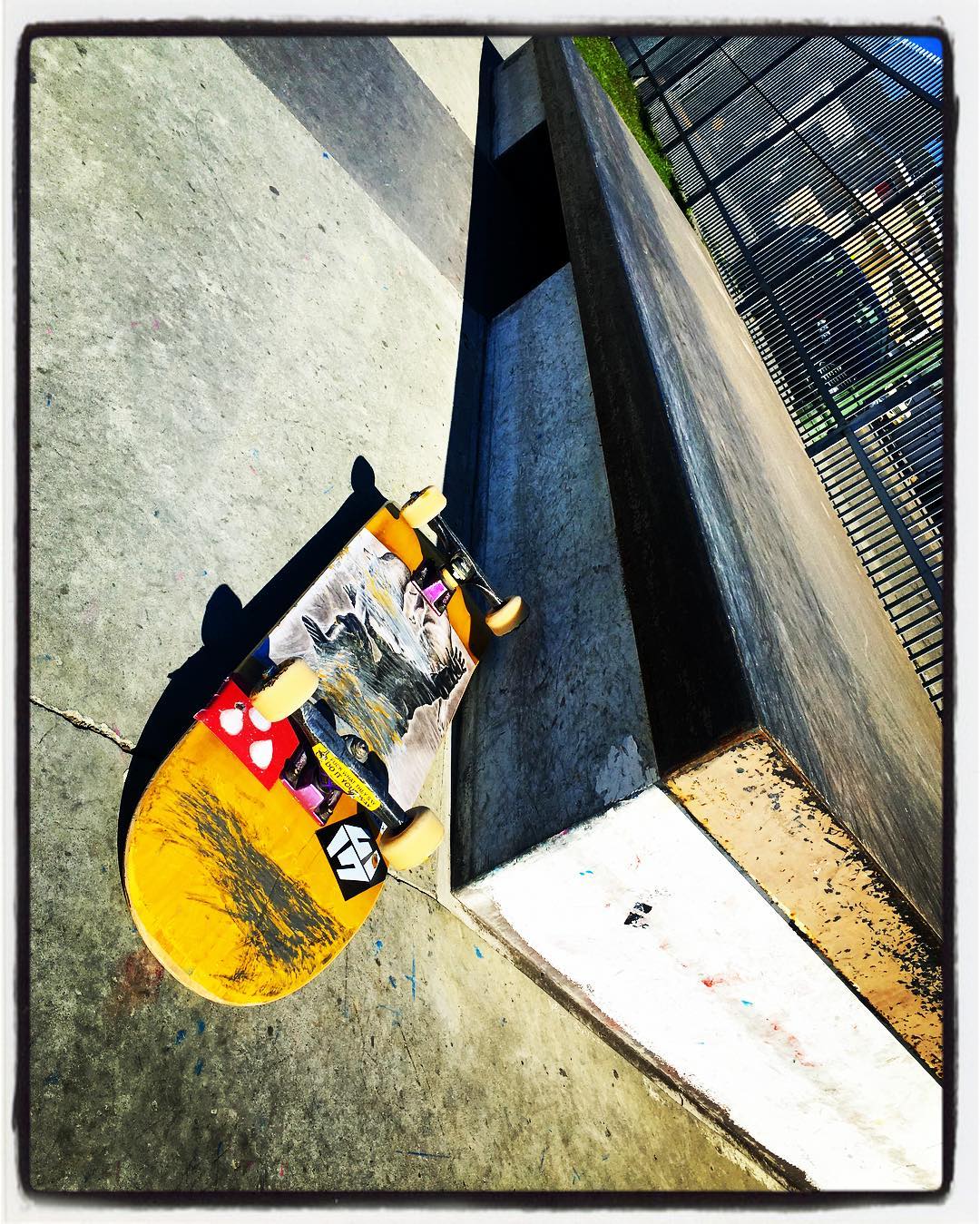
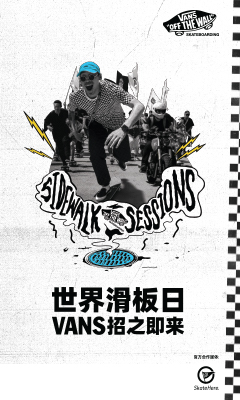




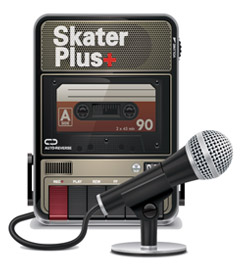




COMMENTS